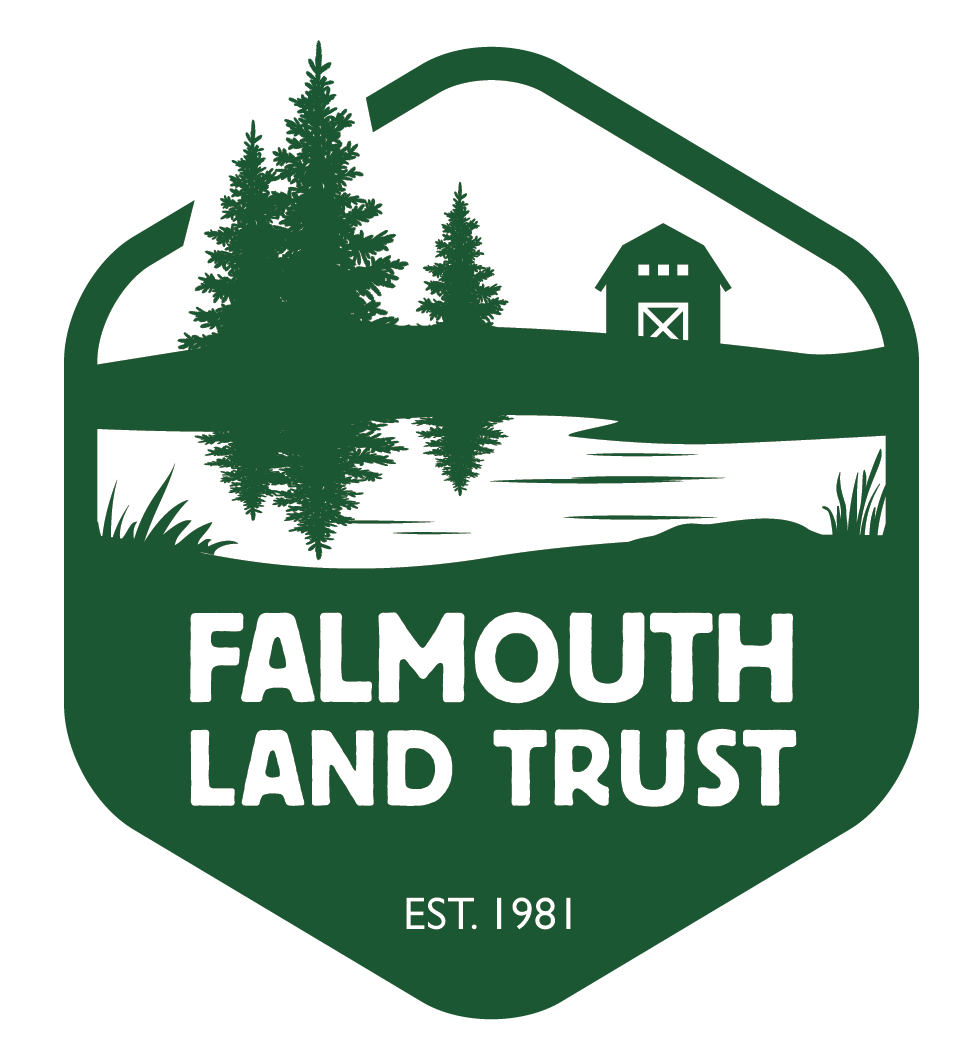Foraging
Falmouth Land Trust Foraging Rules
Non-commercial foraging for personal and cultural use is allowed on Falmouth Land Trust-owned properties. If you’d like an FLT Foraging Permit, there are some things you’ll need to know!
What does it cost? FLT suggests a small donation or coming to one of our Volunteer Days
Where can I forage? Foraging is permitted on FLT-owned properties after securing a permit:
Blackstrap Hill Preserve, Ledges Preserve, McCann, Morrill-Stillings Bird Sanctuary, Mill Creek, Pleasant Hill Woods Preserve, Ridgewood Preserve, Twin Ponds Preserve, Underwood Springs Forest Preserve, and Woodman Preserve.
This permit does not include Falmouth Town Properties!
What can I forage? Foods such as plants, wild edible mushrooms, fruits, nuts, medicinal plants and fungi; as well as flowers and greenery. Due to population declines from overharvesting, foragers MAY NOT harvest wild leeks (ramps), and American Ginseng.
How can I be sure that I am foraging sustainably? Before you leave home, take the time to learn about the identification and life history of the plant or fungi you are foraging. The timing, amount, and techniques that you use can have a significant impact on their populations and those of the organisms that rely on them. FLT also requires that foragers not collect an entire patch of a target native plant or mushroom species. Leaving individuals behind ensures that foraging is viable in future years.
However, if the species is considered invasive, removal is encouraged! Foragers must ensure their foraging does not unintentionally spread the invasive plants further. Some species, such as Japanese knotweed, can grow an entire colony from a single dropped leaf node.
For a list of invasive species that qualify for heavy collection:
Invasive Plants: Horticulture: APH: Maine ACF
All foraging is at your own risk.
Limit foraging activities to resilient areas such as established hiking trails.
If you are new to foraging, start small! Choose a few common species that you can be sure about identifying.
What else? In exchange for foraging privileges on FLT properties, you’ll help as a monitor, keeping FLT areas clean, healthy, and well-managed. Your responsibilities are quite simple, help keep conserved lands free of trash and report any troublesome activities to FLT. Staff would also be very interested to hear what species foragers observe and collect to assist with land management practices. Reports should be emailed to info@falmouthlandtrust.org.
Please click here for a foraging permit application. Once received and approved, we will mail or email you your FLT Foraging Permit.
